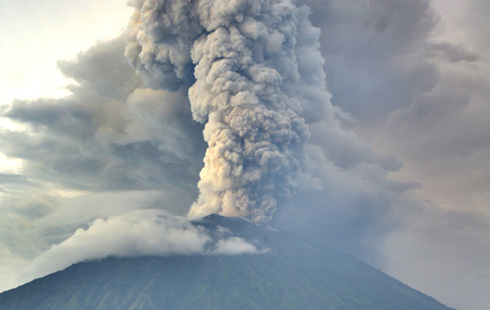DPRK declares test firing another intercontinental ballistic missile
PYONGYANG - The Democratic People's Republic of Korea (DPRK) successfully test-fired a newly developed Intercontinental Ballistic Missile (ICBM) early Wednesday morning, the country's Korean Central Television reported.
The DPRK tested "Hwasong-15" after its top leader Kim Jong Un signed the order the previous day, the Korean Central Television reported in a special mid-day broadcast, with its broadcasters telling the story in a celebrative mood.
Meanwhile, the DPRK's official Korean Central News Agency (KCNA) said that the DPRK's top leader signed the order on Tuesday and guided the test-firing at a site outside Pyongyang.
Kim said after watching the test firing that DPRK has "finally realized the great historic cause of completing the state nuclear force," according to the KCNA.
In a statement carried by KCNA, the DPRK government said: "The development and advancement of the strategic weapon of DPRK are to defend the sovereignty and territorial integrity of the country from the US imperialists' nuclear blackmail policy and nuclear threat, and to ensure the peaceful life of the people."
"It is DPRK's solemn declaration that the missiles would not pose any threat to any country and region as long as the interests of the DPRK are not infringed upon," said the statement.
"As a responsible nuclear power and a peace-loving state, the DPRK will make every possible effort to serve the noble purpose of defending peace and stability of the world," it said.
The newly developed Hwasong-15 ICBM has much more advantages in its tactical and technological specifications and technical characteristics than the Hwasong-14 missiles tested in July, and marks the completion of the rocket weaponry system development by the DPRK, said KCNA.
"It is capable of striking the whole mainland of the US," it said, without specifying.
After being launched at 02:48 a.m. local time (1818 GMT), the missile flew 53 minutes along its orbit and accurately landed in the target waters in the open sea in the East Sea of Korea (Sea of Japan), according to the report.
"The rocket soared to the highest altitude of 4,475 km and then flew the distance of 950 km," it added.






















